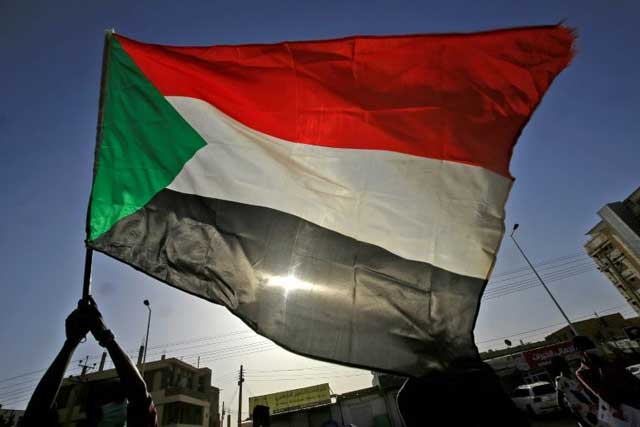
Addis Ababa, Ethiopia | Xinhua | The African Union (AU) and United Nations have rejected external interference in Sudan that could further exacerbate the conflict in the African country.
This came during the annual consultative meeting of the AU Peace and Security Council (AUPSC) and members of the United Nations Security Council (UNSC) at the AU headquarters in Addis Ababa, the Ethiopian capital, Friday.
The annual consultative meeting “condemned, in the strongest terms, the relentless and unacceptable violent conflict between the Sudanese Armed Forces and the Rapid Support Forces, evidenced by widespread reports of indiscriminate attacks on the civilian population, looting of humanitarian supplies, and destruction of civilian infrastructure,” read the joint communique issued late Friday.
They expressed concern about the dire humanitarian situation across the country and commended all the neighboring countries hosting refugees fleeing the violent conflict in Sudan. They appealed to the international community to extend the requisite support to the refugees and countries hosting them.
The AUPSC and members of the UNSC “strongly rejected external interference which could fuel the conflict,” the joint communique read.
Noting that no military solution to the conflict is feasible, they reiterated the primacy of dialogue and reconciliation in order to realize and sustain peace in the country. They also underscored the urgent need for the parties to put the interests of the country and its people above all, cease hostilities immediately, and establish a permanent ceasefire.
They called upon all parties to ensure rapid, safe and unhindered humanitarian access throughout Sudan, in accordance with relevant provisions of international law, and in line with the UN guiding principles of humanitarian assistance, including humanity, impartiality, neutrality, and independence.
They called for the resumption of the political transition process culminating in the conduct of elections towards a democratically elected, civilian-led government.
They reaffirmed the necessity for inclusivity and participation of all Sudanese stakeholders representing all strata of society in the political process, including civil society in Sudan, so as to ensure that the people of Sudan wholly own the peace process.
 The Independent Uganda: You get the Truth we Pay the Price
The Independent Uganda: You get the Truth we Pay the Price





